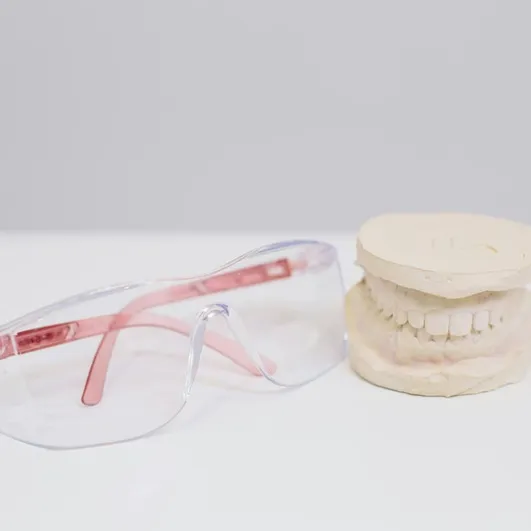The main groups of patients for whom dental treatment under anesthesia is prescribed:
People with severe fear of the dentist (dentophobia) — patients who experience extreme fear of going to the dentist are often unable to cooperate during a dental procedure. In such cases, the treatment of teeth under anesthesia allows you to carry out the procedure without stress and trauma for the patient.
Children with collaboration problems or young children — In the case of very young children or children with communication difficulties who are unable to understand the need for surgery or to cooperate with the dentist, dental treatment under anesthesia allows the treatment to be carried out safely and comfortably.
People with physical or intellectual disabilities — Patients with disabilities that make it difficult to control movements or communicate may require general anesthesia to keep both themselves and their doctor safe. In such cases, the treatment of teeth under anesthesia allows for comprehensive dental treatment in comfortable conditions.
Patients with a large number of procedures to perform — in some cases, when a patient requires multiple dental procedures, treatment under anesthesia allows all procedures to be performed in one visit. This is a convenient solution, especially for people who do not want to return repeatedly for subsequent visits.
People with hypersensitivity to pain — patients who are extremely sensitive to pain may experience discomfort even during treatment with standard local anesthesia. Treatment of teeth under anesthesia makes it possible to completely eliminate pain and discomfort, which can be especially important for difficult procedures.
People with gag reflexes — patients who have a strong gag reflex may find it difficult to undergo dental treatment. In such cases, the treatment of teeth under anesthesia allows you to safely and comfortably carry out the procedure without the risk of this problem.
People requiring complex surgical procedures — in the case of complex dental procedures, such as wisdom tooth extraction, implants or jaw bone reconstructions, anesthesia may be recommended to provide full anesthesia and allow a comfortable course of surgery.
Patients in whom local anesthesia is ineffective — in some people, local anesthesia may not work well enough or there may be problems with its use. In these cases, the treatment of teeth under anesthesia is an effective alternative, allowing complete control of the pain.







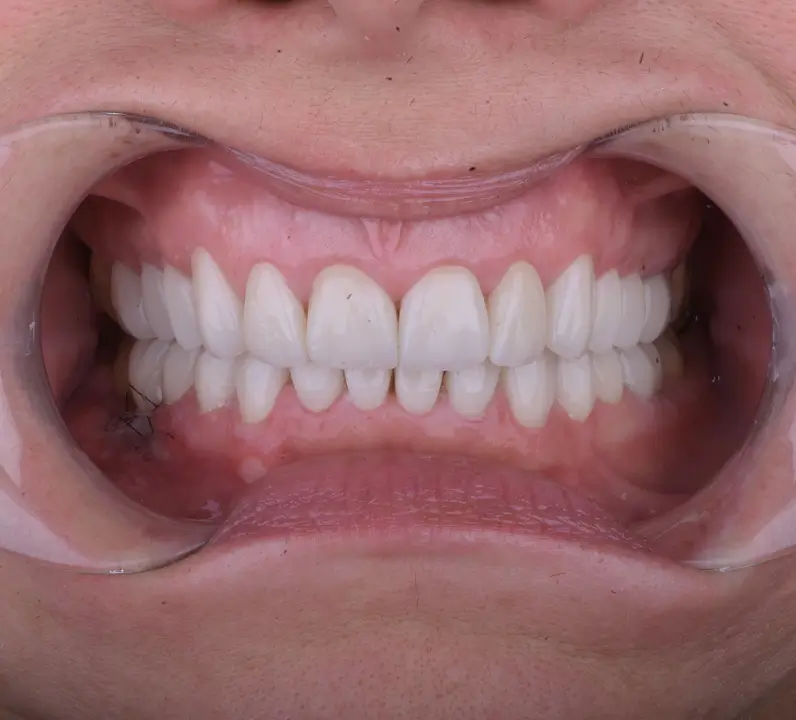


.webp)
.webp)


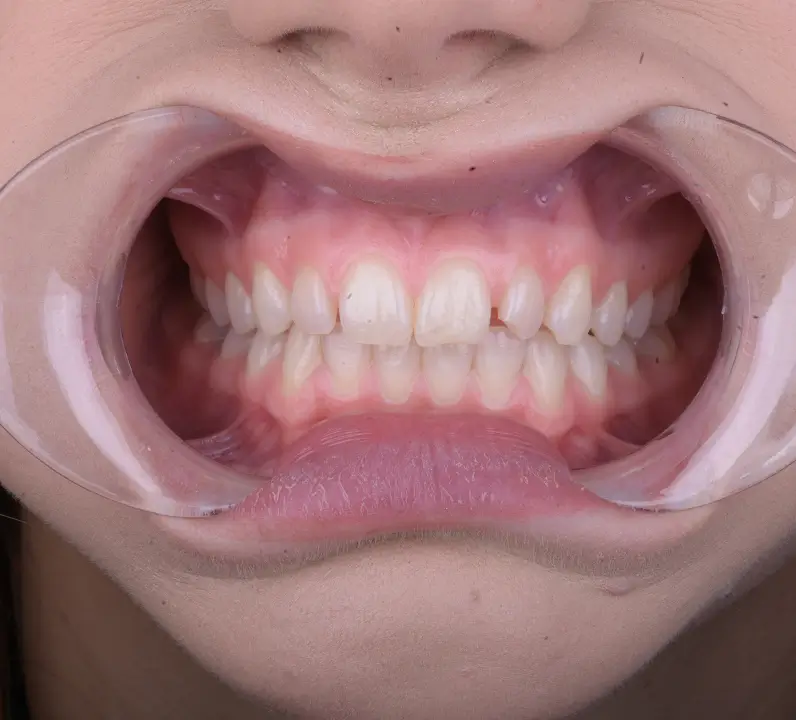
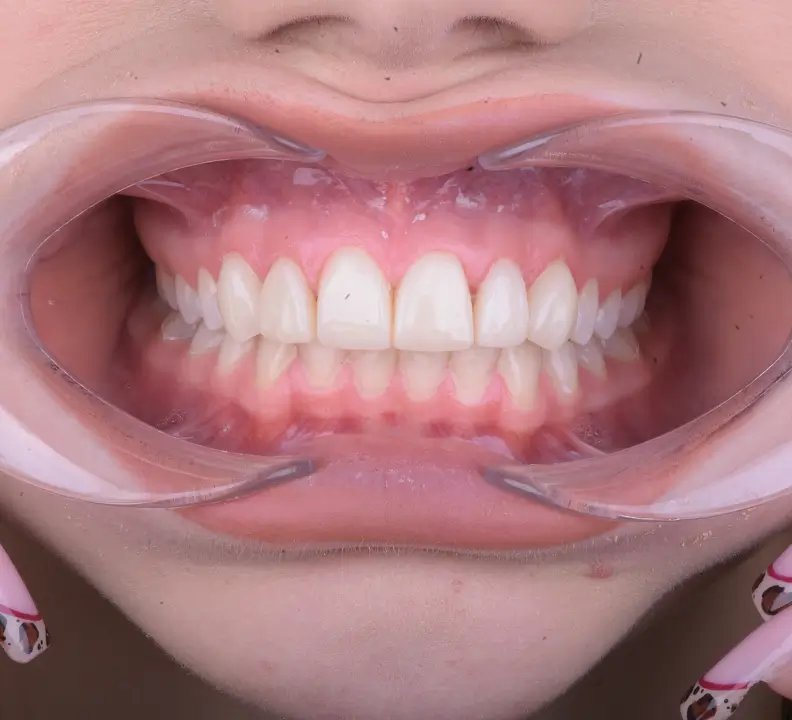


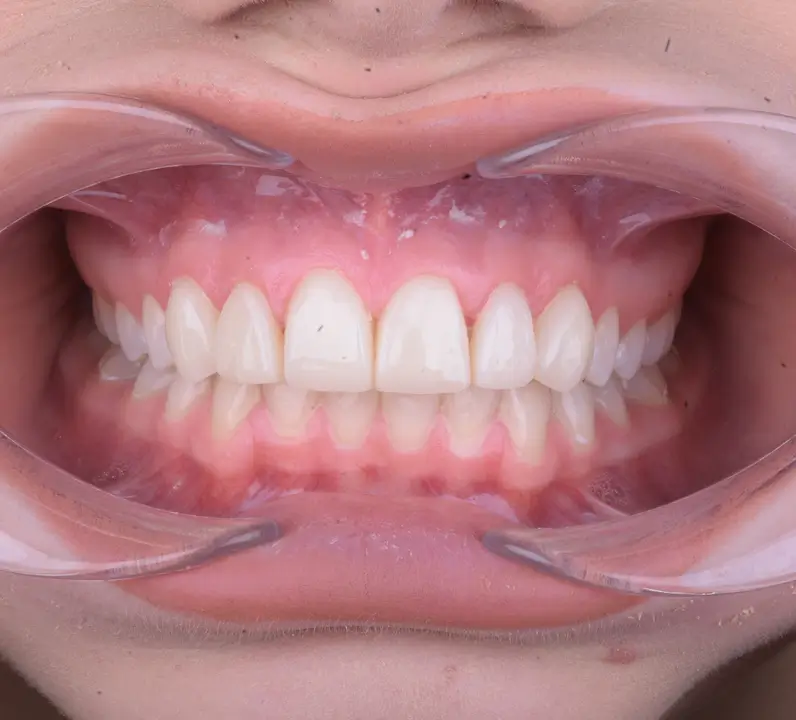
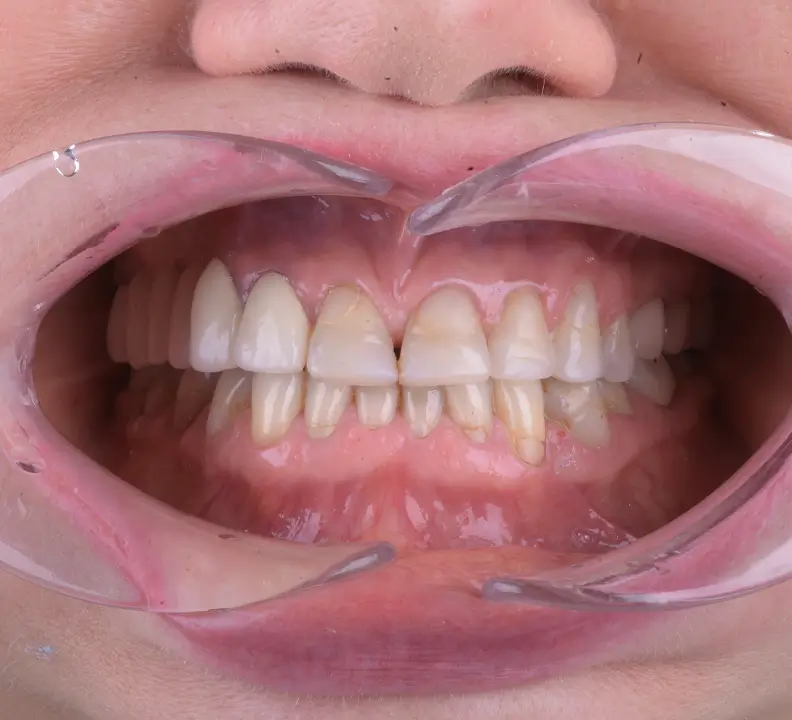
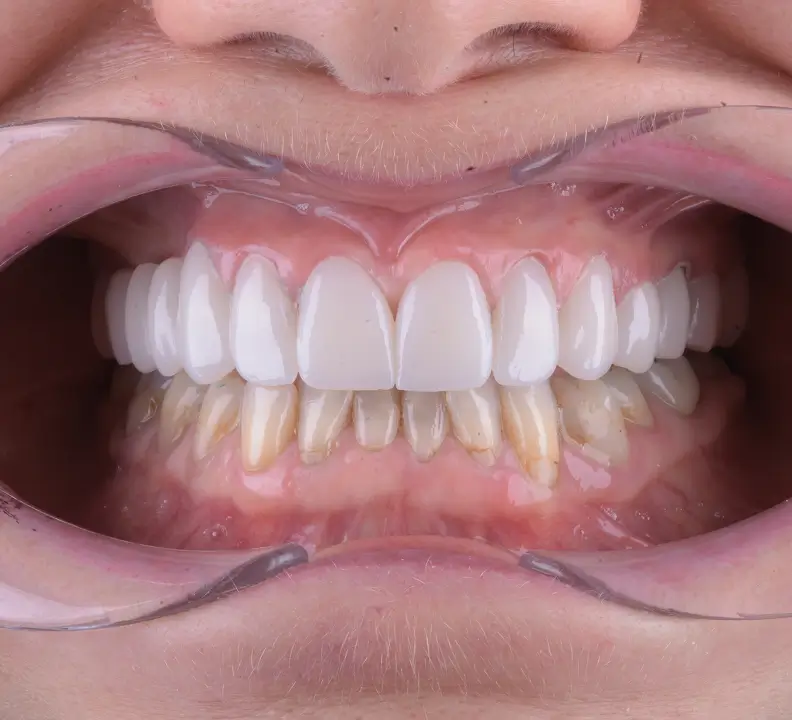


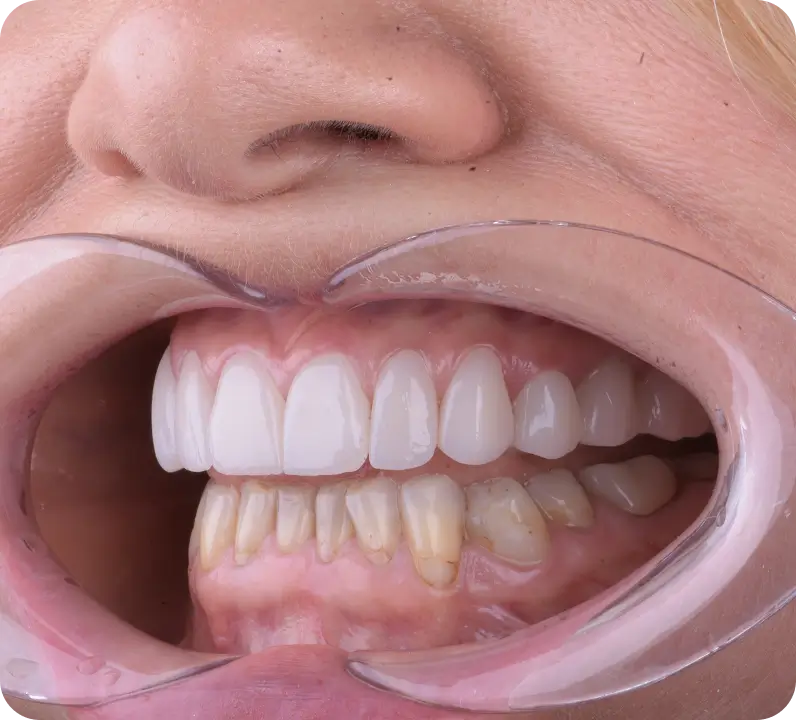
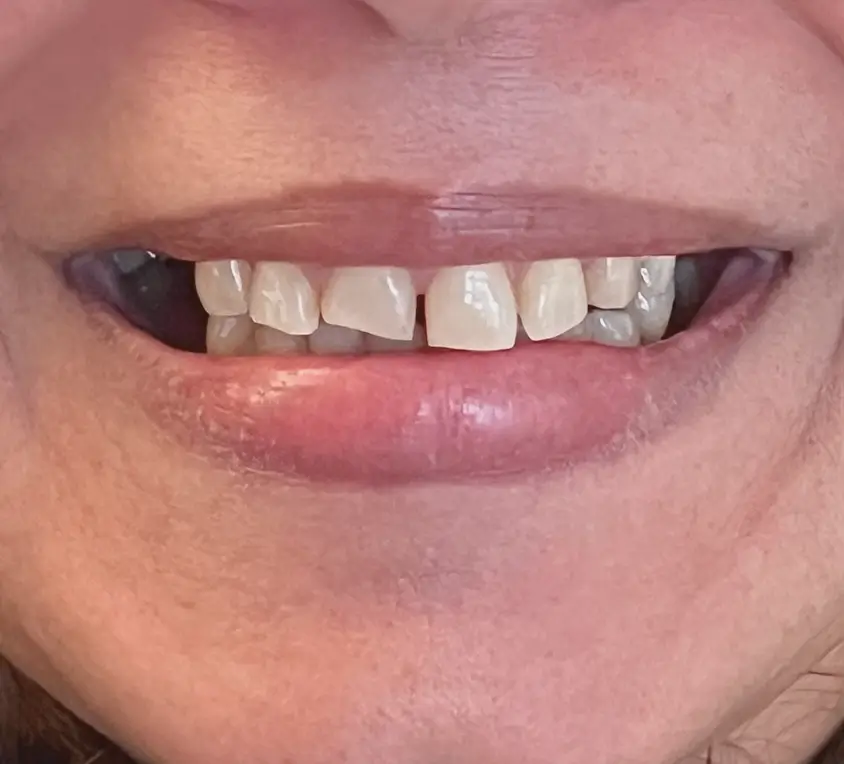
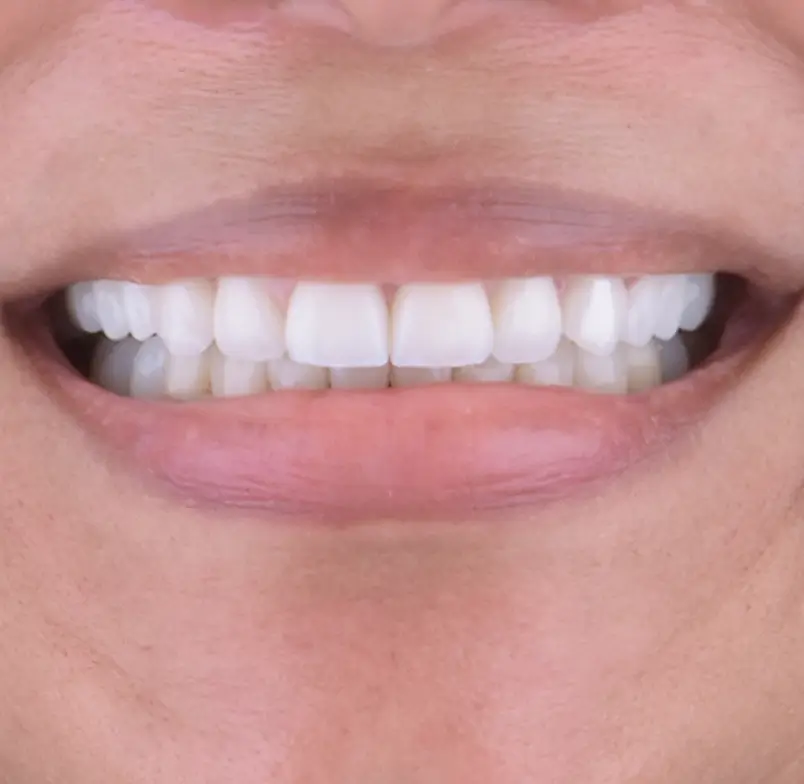


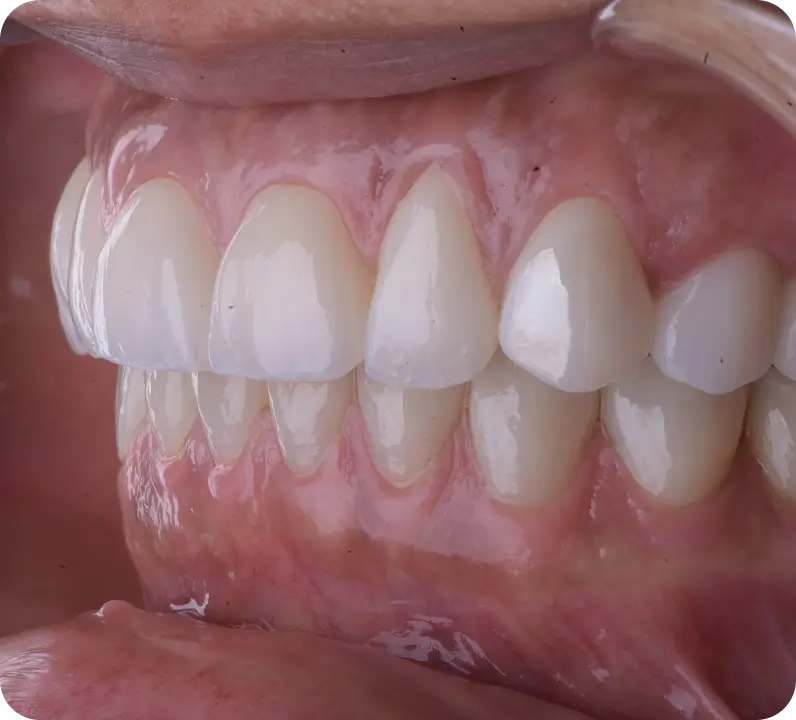
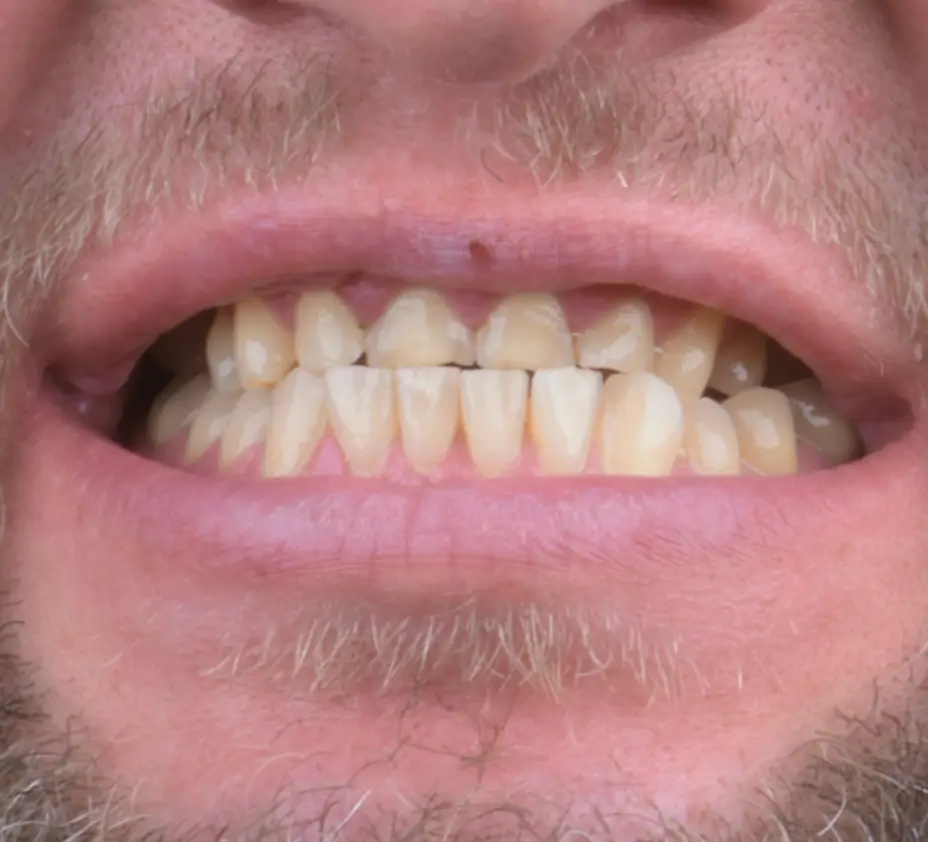




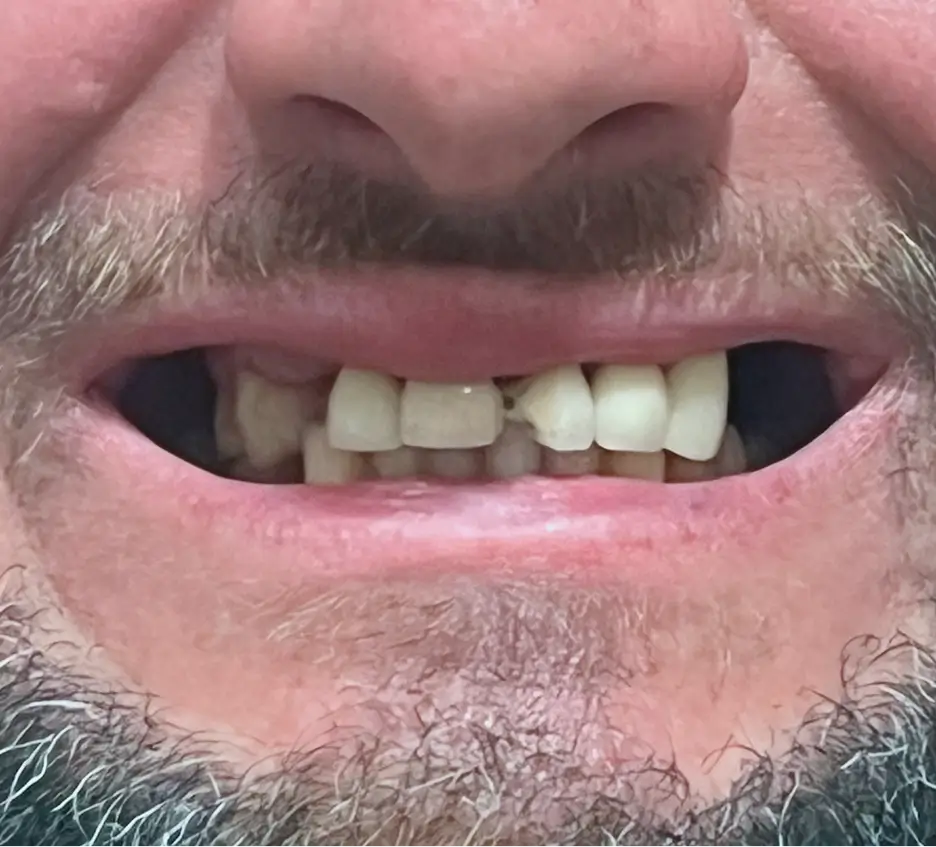
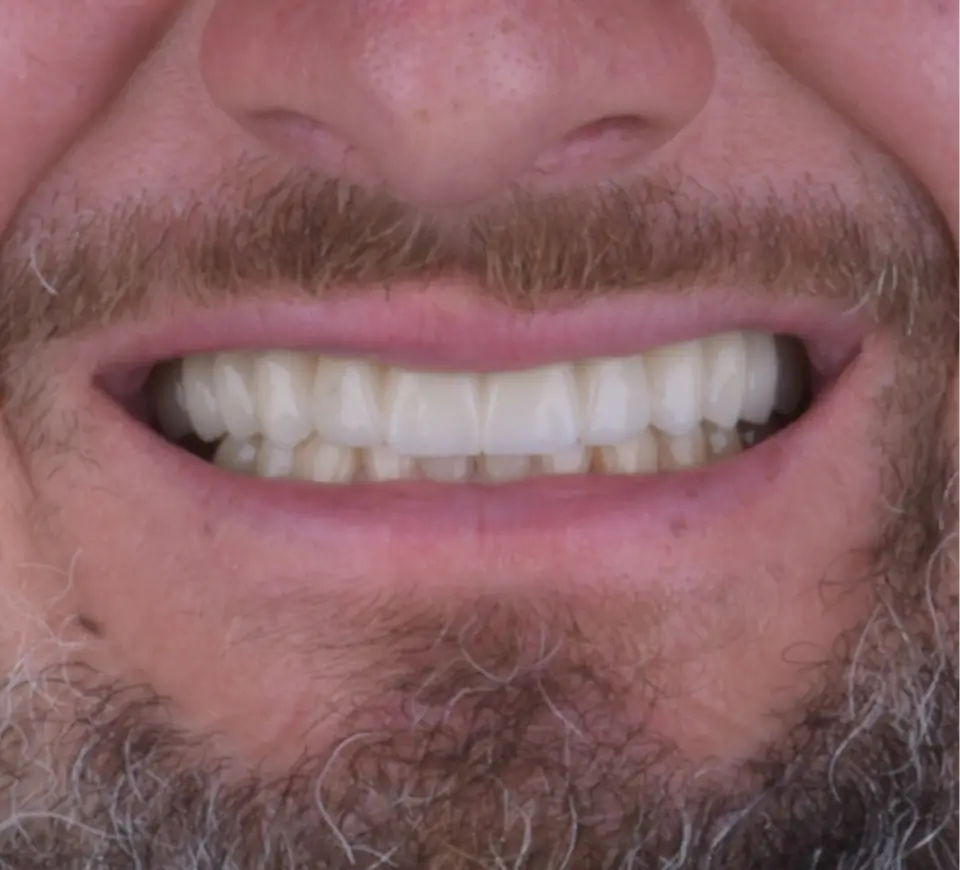

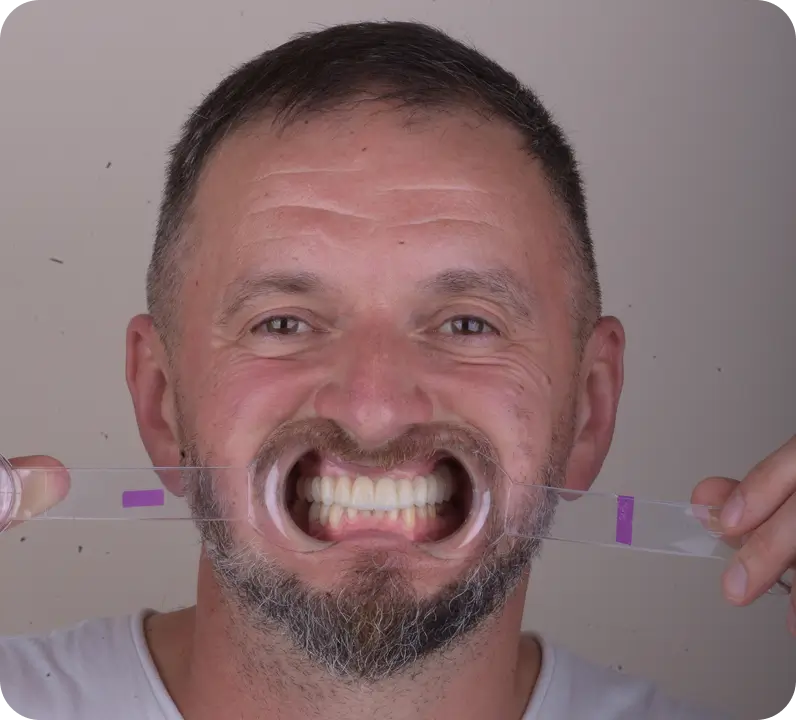
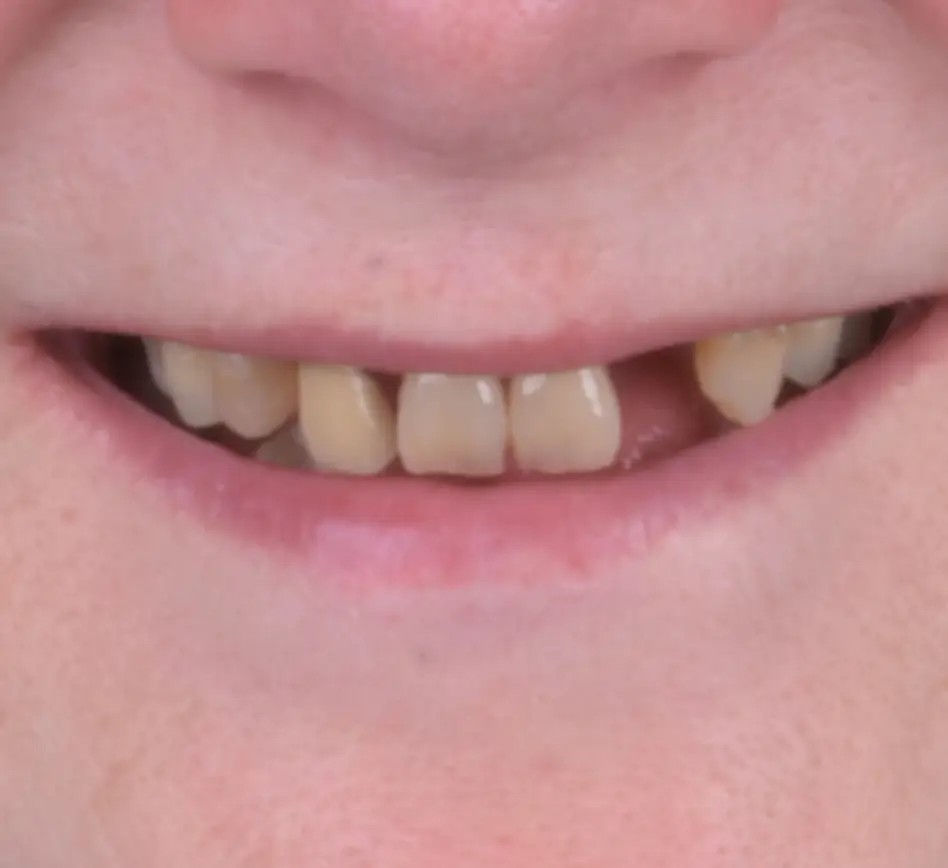


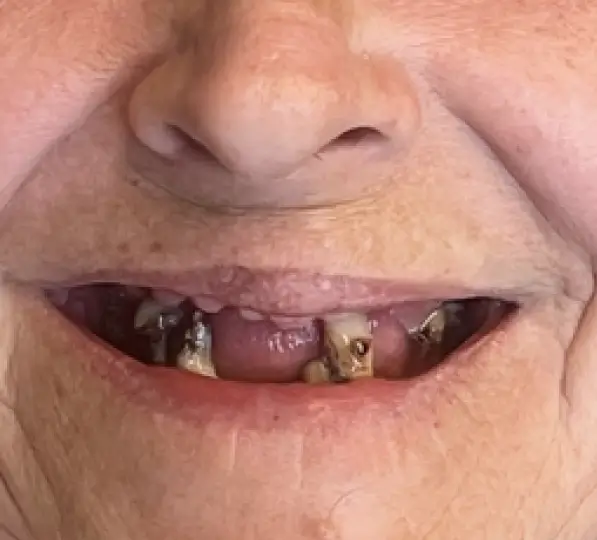
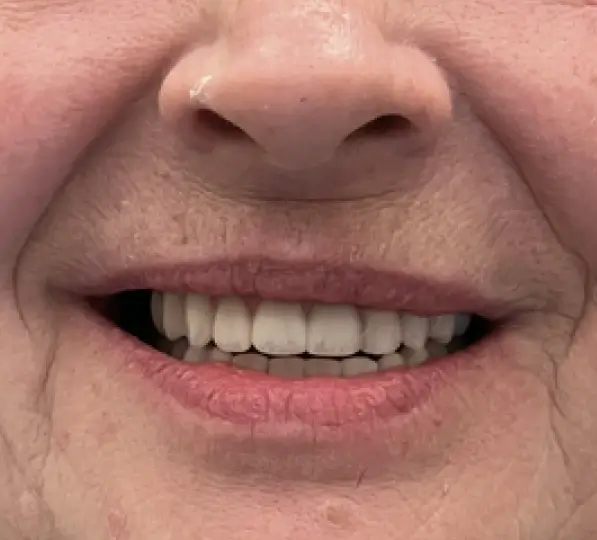






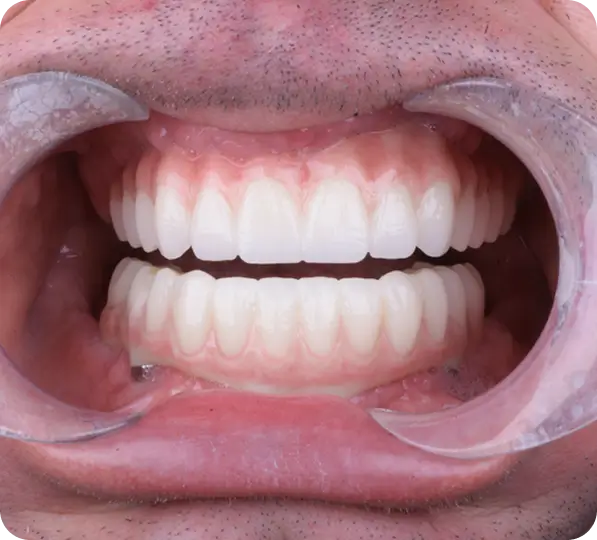


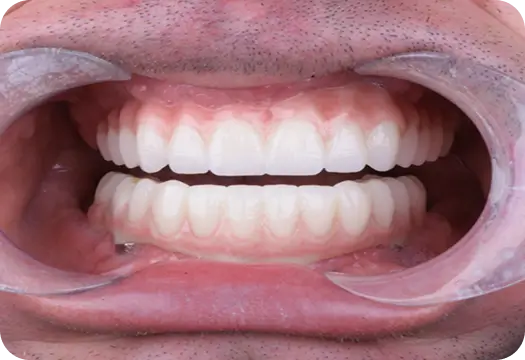

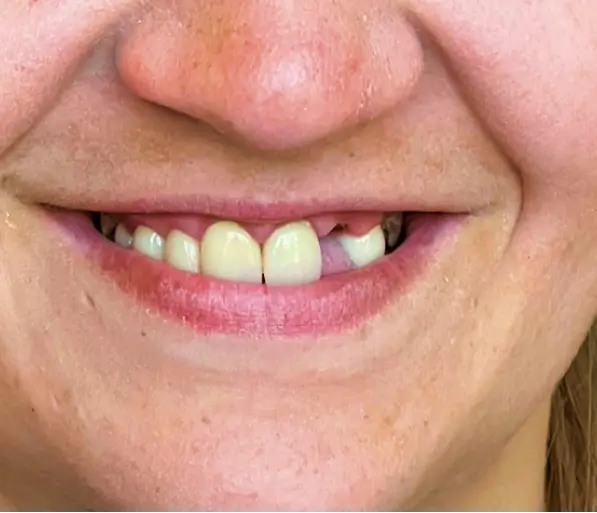
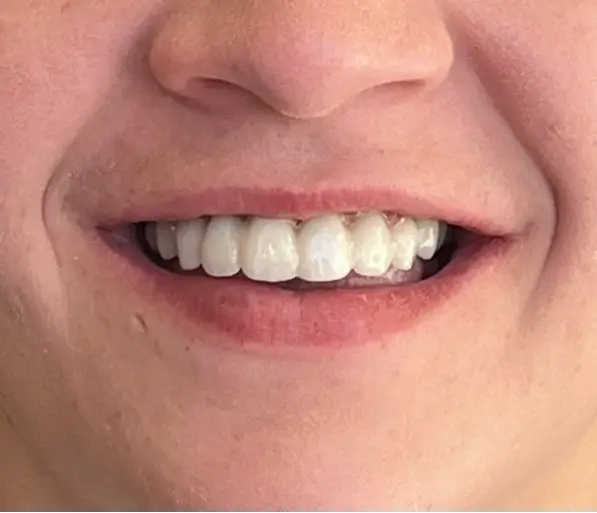











.jpg)




